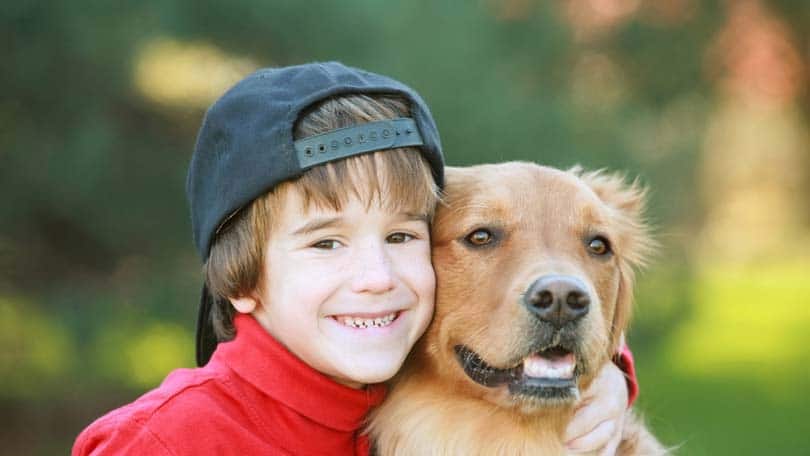How to Tell a Child of a Pet’s Death
There is almost nothing more painful to a pet owner than the death of a beloved animal friend. Losing a human family member is just about the only thing that surpasses the loss because many of us think of our pets as family.
Our children get just as attached to pets, and it’s hard on them to lose a childhood friend and playmate as well.
It’s hard to know just what to say to your child when a pet dies, and it’s tempting to lie or hide the truth. That’s not a good idea, and can be hurtful to your child…sometimes more hurtful than the news itself, especially if a child clings to the lie for a long time only to find out they were betrayed by a well-intentioned parent.
Please, don’t use the age-old, “Scruffus went to live on a farm.”
When to break the news
This kind of news-breaking is one of those that we’re inclined to either put off or avoid altogether. It’s something that’s easier (for a while) to make up a small white lie, “I don’t know where Missy is,” than to face right away.
Here’s a little secret: Kids know when something is bothering you, they can usually see through your façade, and will probably be wondering what’s really bothering you. Kids are smart!
Don’t put off the truth. Sit down with your child at the end of the day if possible (so you don’t upset them right before school or something), and break the news gently and truthfully.
It’s tempting to say Fluffy ran away, but your child will search for months while the truth eats at you. It’s harder to explain then.
How to break the news
Gently.
That’s best with any age child. You sit down at home with your child, while things are calm, and make sure that the TV and other distractions are off. Then tell your child you have some sad news.
Your words aren’t as important as your tone…saying “sad news” might be awkward, and you might rather say, “something happened.” Just use a gentle tone, and be prepared to explain when your child asks questions.
Be vague with very young children. A toddler may not understand death, but can grasp the basics. You don’t need to explain all the how’s and why’s of dying to a toddler, a simple explanation will do. Very young children might not seem to care much…it’s not that they didn’t love their pet, they just don’t understand the implications of death.
Answer questions truthfully, but don’t get into a long and graphic explanation. Depending on the child’s age, you might try to be as discreet as possible. For a Kindergartener, simply saying the pet was ran over by a car and died is sufficient. A teenager might want to know how it happened, and if the pet could have been saved.
Again, be gentle, but honest.
How and when to replace the pet
It’s tough not to immediately offer to run out for a new puppy or kitten, but your child needs time to grieve for their pet before they can truly love another. It’s not fair to the child or the new pet to jump into this one…any replacement needs to come later, when your child is ready to love a pet again.
Another good idea is to not try replacing the lost pet with another one just like it. The new one will forever be compared to the former, probably unfairly. Get a different breed of dog, or one that’s a different color and temperament.
All animals are unique, and getting one much different from the former pet will allow your new pet to carve out his or her own place in your hearts.
Be prepared for grief
Your child may cry or get angry, or they may withdraw and prefer to grieve quietly. All of these responses are normal, and usually pass as the pain fades. An older child may grieve longer than a younger child, and a little child may
randomly ask about the pet’s death months down the road.
Just be patient, and be sure your child knows you’re there for hugs, to talk, or to help them any way you can. If your child prefers solitude, be gracious enough to give them space to grieve.
Above all, just be there for your child. Eventually, the pain will fade and the memories of the pet will be bittersweet instead of just painful. Someday, you can get a new pet that your child will love.
Your child will bounce back. Kids are resilient, and while the death of a pet is hard, it’s not something your child cannot handle. Respect their need for the truth, and just be there when the truth is painful.

Having discovered a fondness for insects while pursuing her degree in Biology, Randi Jones was quite bugged to know that people usually dismissed these little creatures as “creepy-crawlies”.







